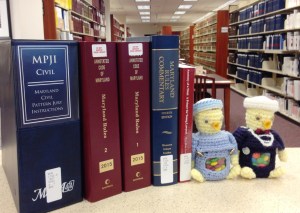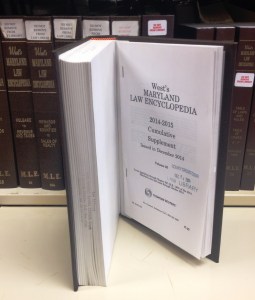The 219th Report of the Supreme Court Standing Committee on Rules of Practice and Procedure was filed November 28, 2023. The report adopts new rule 9-204.3 and amends rules 1-202, 2-202, 2-433, 2-501, 2-504, 2-507, 2-541, 3-202, 3-731, 4-329, 4-504, 7-112, 9-202, 9-208, 9-211, 10-105, 10-106, 14-503, 16-302, 16-307, 16-914, 18-407, 18-412, 18-421, 18-422, 18-423, 18-424, 18-426, 18-431, 18-433, 18-437, 18-441, 18-442, 19-103, 19-218, 19-301.7, 19-304.2, 19-304.4, 19-305.5, 19-505, 19-605, 19-751, and 19-752. The new rules are in effect January 1, 2024.
Here are some highlights of the Maryland Rule changes:
New rule 9-204.3. PREVENTION OF CHILD ABDUCTION provides for a petition for an abduction prevention order.
Rule 2-433 (b) SANCTIONS – Failure to Preserve Electronically Stored Information – was amended to replace current section (b) with new section (b), by adding a Committee note following section (b), and by making stylistic changes.
Rule 3-202 CAPACITY- was amended to create new subsection (b)(1) with the language of current section (b), with stylistic changes, and by adding new subsection (b)(2) concerning a peace order filed on behalf of a minor.
Rule 9-211. RESTORATION OF FORMER NAME AFTER JUDGMENT OF ABSOLUTE DIVORCE – was amended by deleting and adding language to section (d) establishing that service is not required and by making a
stylistic change to section (e).
Rules included in the 217th Report of the Supreme Court Standing Committee on Rules of Practice and Procedure filed on September 22, 2023 will also go into effect on January 1, 2024. The 217th Report adopts new Rule 16-504.1 and amendments to current Rules 16-502, 16-
503, 16-504, and 16-901. These rules concern the “recording of proceedings.”



